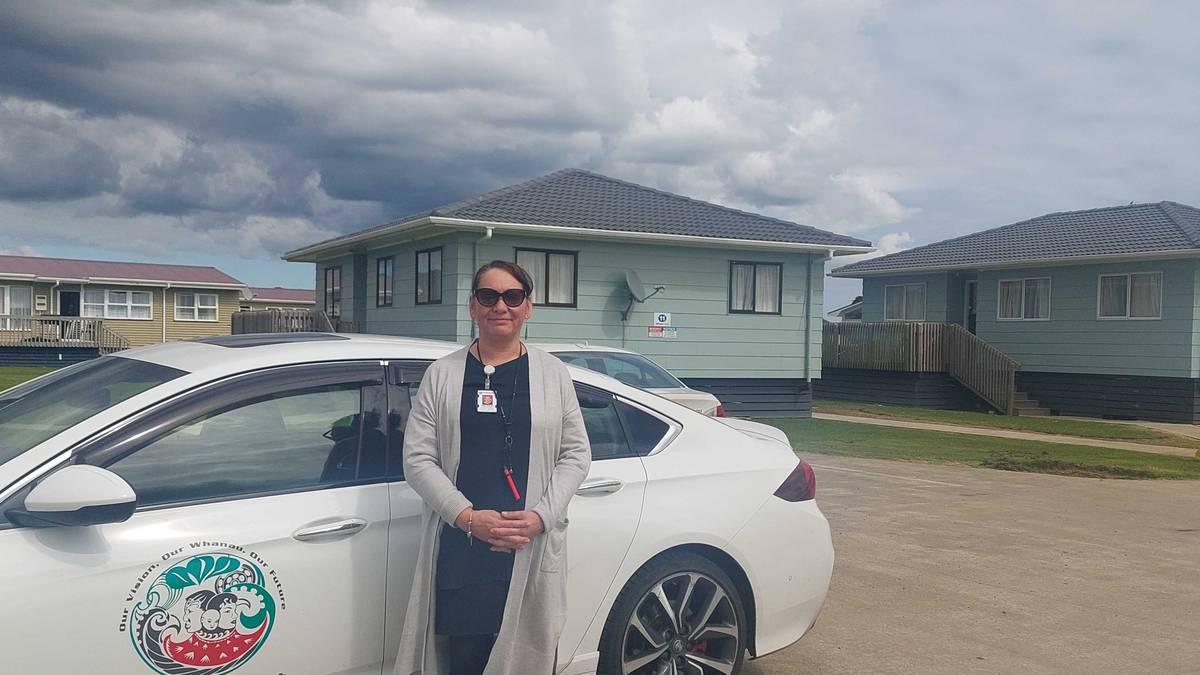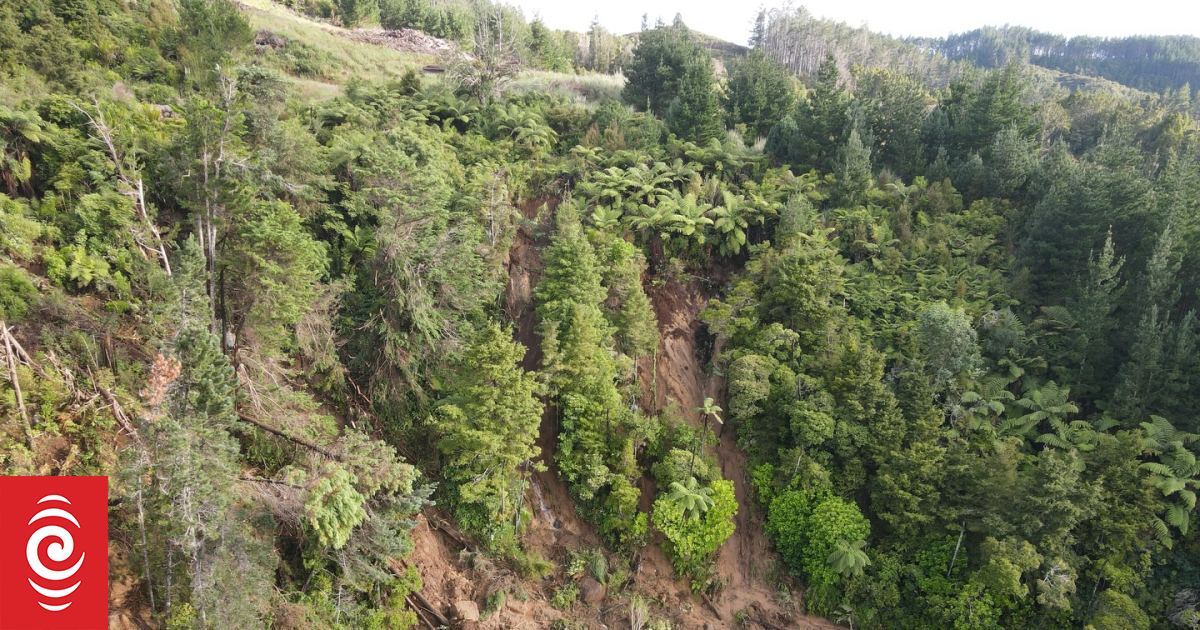A Far North housing provider has been hailed for giving a positive example of what the Human Rights Commission wants to see community housing look like.
A Human Rights Commission inquiry into the state of
housing has revealed a breach of fundamental human rights, but chief commissioner Paul Hunt has highlighted the work of a Far-North housing provider as a way forward.
Hunt visited Kaitaia-based He Korowai Trust last week as part of his inquiry and found what he called a “mana enhancing” approach to transitional and emergency housing solutions.
He Korowai Trust offers a drug, violence and alcohol-free space for transitional housing, with rent-to-buy options available as well as budgeting services.
A large proportion of those in emergency housing are tangata whenua, and Hunt stated in his enquiry, that reality is a painful reminder of a colonial government that stripped the indigenous peoples of their traditional land and home ownership.
Decades later and tangata whenua are those who disproportionately suffer within the estimated 100,000 New Zealanders experiencing homelessness.
In the report released last week, Hunt stated solutions to the issues within emergency housing should be rooted within tangata whenua. The results, he hopes, could restore dignity and promote human rights.
Within the commission’s inquiry were shocking first-hand accounts of threats of rape, mental health distress, racism, abuse, as well as alcohol and drug use.
Advertisement
Some residents reported feeling so scared of living in emergency accommodation that they resorted to living in their cars.
Issues reported included a lack of stability over housing situations, no consistency or availability of wrap-around support, the exacerbation of social issues, as well as security issues that included poor behaviour from security staff.
Those who told their stories to the commission reported awful living conditions, with their children getting sick “nearly every second week,” one person stating, “my eldest has been in hospital twice due to our hotel situation and now has asthma”.
One former resident of emergency accommodation reported shocking harassment from their management, stating, “management harassed me and my children daily. They would yell and scream at us, calling us rats and Māori who bred like rats and should go back to their hole”.
Four key immediate obligations were highlighted within the inquiry, including:
- Providing emergency housing that meets minimum decency standards
- Not evicting anyone into homelessness
- Upholding Te Tiriti o Waitangi alongside other human rights obligations
- Establishing effective and accessible accountability arrangements in relation to the emergency housing system.
“These obligations are derived from the right to a decent home, as set out in the International Bill of Human Rights, Convention on the Rights of the Child, Convention on the Rights of Persons with Disabilities, and United Nations Declaration on the Rights of Indigenous Peoples,” stated Hunt.
The Government’s efforts to better housing in Aotearoa have so far included a $3.8 billion housing acceleration fund, as well as the introduction of the healthy homes standards.
Hunt highlighted the need for government to uphold its promises to do whatever it can for those needing emergency and transitional accommodation.
Advertisement
“We hope that this report can go some way to holding the current and future governments to account for keeping this promise,” he said.
He Korowai manager Toddy Shepherd told the Advocate the visit from Hunt was a welcome one.
“We were actually in Wellington two months prior and I knew that the Human Rights Commission were leading the housing inquiry, and I do consider us a lead provider of the housing space. He gave up some of his valuable time to talk to me and that’s actually what prompted his visit to the North.”
Shepherd said she was impressed with the report that came after Hunt’s visit because it was “real in terms of what the current state of housing is across the country”.
“It was a privilege to be part of a housing inquiry that could well possibly change the direction that housing goes, we do feel extremely honoured and very privileged to be part of that.”
Shepherd said working together is a big element of what she thinks may help the housing problem in the future.
She also said that while Christchurch and Auckland may be areas of priority for housing, looking at rural areas should be prioritised too.
“I would really like to see that small trusts like ours who are providing real houses and real housing solutions on the ground are supported and continue to be supported.
“Until all of our people here and in the Far North are housed appropriately, we’re not gonna stop what we’re doing,” she said.
Shepherd said there was a lack of housing solutions, and He Korowai Trust originally started as a transitional housing solution but ended up keeping people for longer periods of time.
“At that point, we realised that the Government’s responsibility around trying to fulfil that need for people in that three months was quite slow, so we started to develop solutions.”
He Korowai has around 25 housing arrangements on a 50-acre block, which range from transitional housing to private rentals, to home ownership.
“It’s a beautiful beautiful papakainga.”
“We’ve worked on the philosophy that solutions aren’t always going to come from government, that our solutions are going to come from ourselves. What it took was a really brave approach to start that continuum.”
She said she wants to see an approach that draws off the experiences of other housing providers.
“When we mahitahi together and have that knowledge shared, it’s really powerful.”
If you or anyone you know is in need of accommodation, reach out to the Ministry of Social Development on 0800 559 009.
If you’re based in Whangārei you can reach out to Tai Tokerau Emergency Housing Charitable Trust on 09 430 8098.




